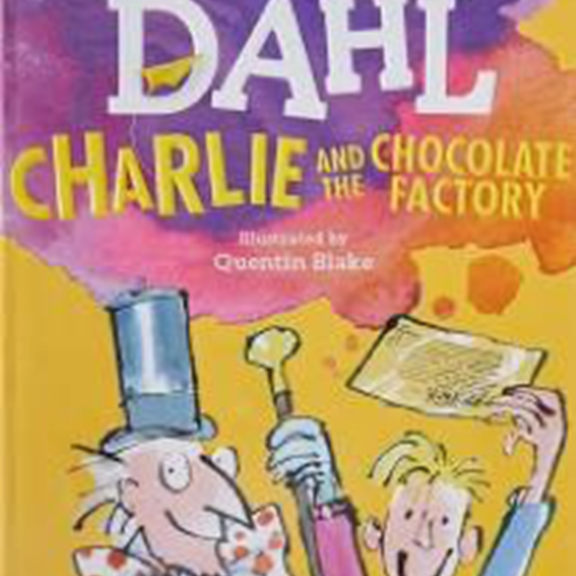Charlie and the Chocolate Factory: a very early story of Executive Search, with apologies to Roald Dahl
Wednesday, 15 January 2020
As a child I remember being captivated by Roald Dahl’s story and the names of the five children: Violet Beauregard, Charlie Bucket, Augustus Gloop, Verruca Salt, and Mike Teavee. For those of you unfamiliar with the book, it’s the story of a factory that makes magical sweets and its owner Willy Wonka. Production is done in secret, because Wonka does not want competitors to steal his ideas. He has a special workforce that consists of both humans and squirrels.
The story revolves around a competition Wonka decides to run: five golden tickets are placed in his products for five lucky children to win. The prize is a tour of the factory and enough chocolates and sweets to last them the rest of their life. The tour is both exciting and terrifying. The only survivor is Charlie Bucket, the poorest of the five children, so poor that he and his family live on bread and margarine, potatoes and cabbage soup. It becomes clear that Willy Wonka was in fact all the time looking for an eventual successor. Charlie ends up being that person.
Something stirred my memory and I re-read the book. It has a number of similarities to modern day executive search.
First, it’s about succession planning. Wonka is clear that he does not want to hand over his factory to another adult but to “a good sensible loving child, one to whom I can tell all my most precious sweet-making secrets”. The compensation package is a more generous that one would find today: Charlie is to be given the whole factory outright, rather than a series of complex share options.
Secondly, Wonka has thought about the onboarding process: the boy’s whole family are invited to help and support Charlie until he is ready to run the factory on his own — a novel approach indeed.
Thirdly, Wonka runs an assessment process. There is candidate feedback (of sorts) throughout the day, though almost certainly it would not pass current health and safety requirements — one falls into a chocolate river, another ends up as large purple balloon, a very spoilt child is sorted into the rubbish along with her doting parents, and the television addict is re-sized into a TV screen. The workforce makes clear the lessons to be learned by singing them in rhyming couplets. As feedback goes it’s harsh, but we must acknowledge that it’s also life changing.
How would Thewlis Graham Associates have supported Mr Wonka?
He would have been a good client to work with: he had a strong set of values, plenty of charisma and heaps of originality; in terms of Search there was a good story to tell. We would have helped him define rather earlier exactly what he was looking for in a successor: his own plan of relying on pure luck with the random placement of vouchers in chocolate bars was too ill-defined. We would have provided him with a shortlist with greater diversity, though in terms of gender and widening participation he already had a good starting position. We would have suggested rather more appropriate assessments than those he came up with, and no candidate approached by us would need fear for their personal safety.
We have to confess that, although we would have provided our helpful and supportive feedback to everyone engaged in the process, we sadly could not have guaranteed a lifelong supply of chocolate, even to the successful candidate. But that’s Search, isn’t it?
Sarah Thewlis, January 2020


